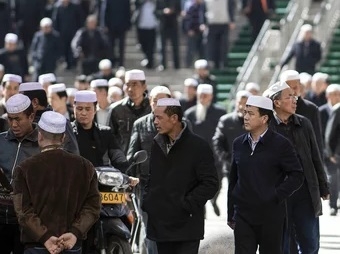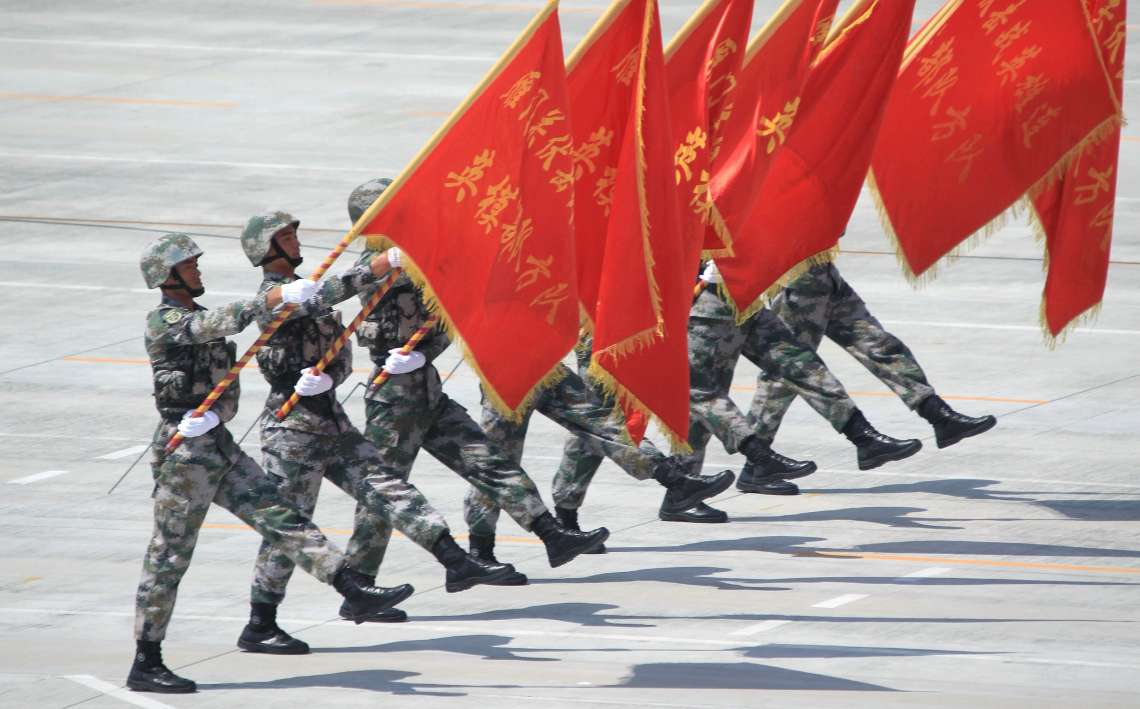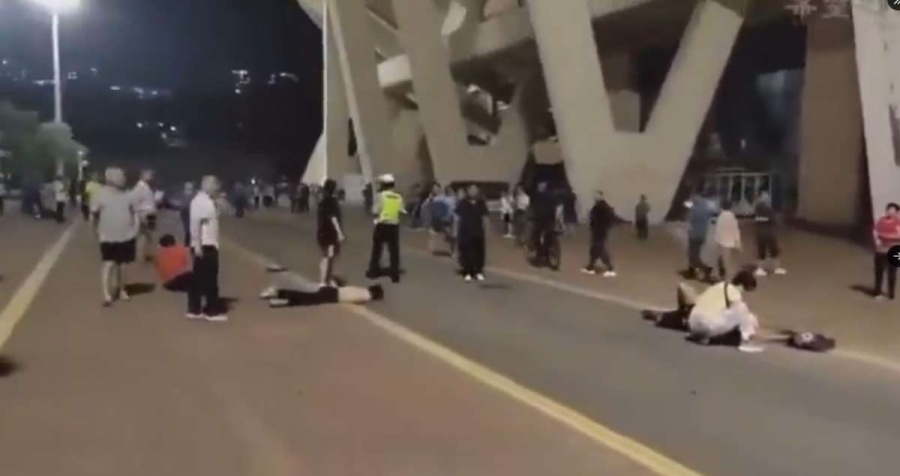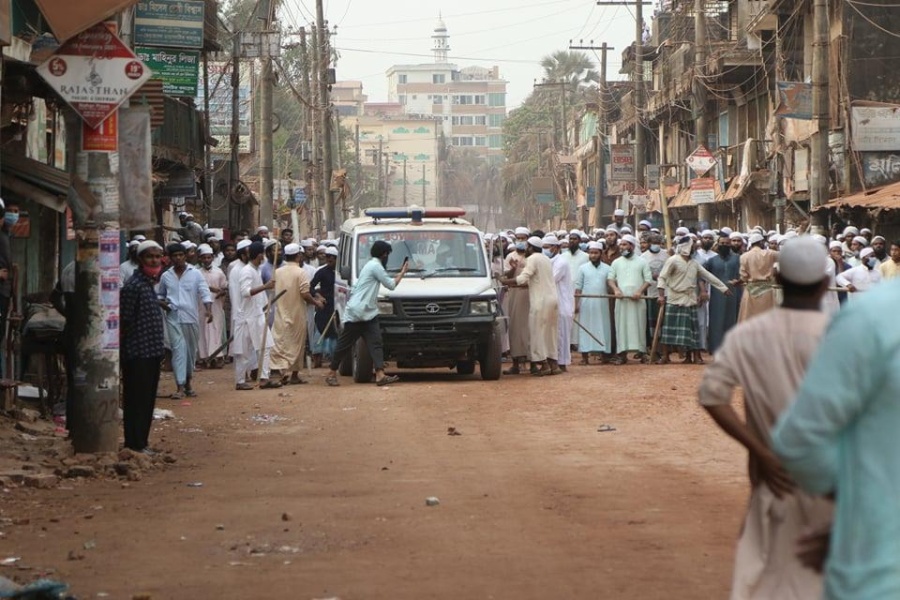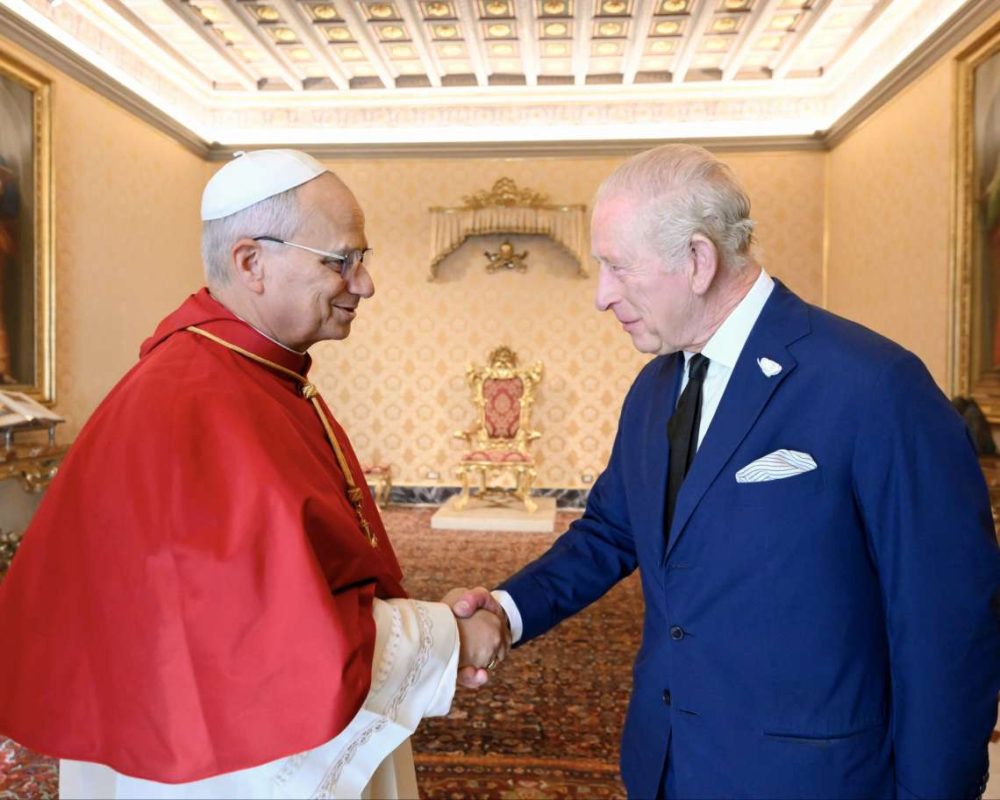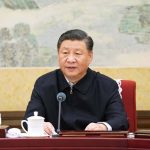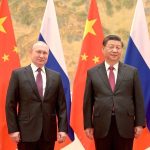Hoping to be resettled in Turkey via Malaysia, the Uyghurs faced significant bureaucratic hurdles, with only around 100 managing to navigate the obstacles posed by officials…reports Asian Lite News
Over 50 legislators from various countries have urged the United Nations to ensure the safety of 48 Uyghurs who have been held in detention in Thailand for over ten years, Radio Free Asia reported.
Since 2014, four dozen Uyghur men have been confined at Thailand’s Immigration Detention Centre (Suan Phlu) after attempting to flee persecution in China by passing through Thailand.
According to Thai authorities and humanitarian organisations, they are part of a group of over 500 Uyghurs who fled China’s Xinjiang Uyghur Autonomous Region to Southeast Asia.
Hoping to be resettled in Turkey via Malaysia, the Uyghurs faced significant bureaucratic hurdles, with only around 100 managing to navigate the obstacles posed by officials, as reported by Radio Free Asia.
During the exodus from late 2013 to 2014, Thai immigration authorities detained over 350 Uyghurs, arresting them in March 2014, according to official records. Of those detained, at least 172 women and children were sent to Turkey, while 109 or more were forcibly deported back to China, where their current condition remains unknown.
The remaining Uyghurs have been detained as illegal immigrants, not refugees, in harsh conditions, with limited contact with the outside world, according to human rights organisations. These groups have raised concerns that the Uyghurs could face significant risks if sent back to China. Since Thailand is not a signatory to the 1951 UN Refugee Convention, it does not grant refugee status or protection.
According to the report, in a letter dated November 10 to Filippo Grandi, the U.N. High Commissioner for Refugees (UNHCR), members of the Interparliamentary Alliance on China (IPAC) described the conditions at the detention center as “life-threatening,” highlighting that five detainees, including two children, have already died while in custody.
IPAC expressed concern that, since Thailand has not yet adopted the principle of non-refoulement, the Uyghurs face the threat of deportation to China, where they are “highly likely to face persecution, imprisonment, or worse.”
In the letter, 55 lawmakers from 26 different parliaments stated, “This must not be allowed to happen.” They further noted, “We understand that some foreign governments may be willing to offer resettlement for this group of Uyghur men… We urge you to intervene in this matter to ensure their safety.”
IPAC’s letter followed the publication of a detailed account in The New York Times Magazine about Hasan Imam, a young Uyghur man who was once detained at Suan Phlu before escaping to Turkey in 2018. The article revealed that Uyghurs held at the facility are “regularly denied visits and legal assistance,” suffer from poor health, and are confined to overcrowded cells around the clock.
The article also examines how the Uyghurs have become pawns in global diplomacy, with Thailand unwilling to upset China, its growing trade partner, by releasing the detainees, nor willing to confront the West, which holds countries to stricter human rights standards. The article suggested that the UN may also be constrained, as assisting Uyghur asylum seekers could jeopardise its operations in China, risking retaliation from Beijing.
In response to the letter, RFA Uyghur contacted the UNHCR and was told by a representative that the agency is “deeply concerned” about the prolonged detention of the Uyghurs and the lack of resolution.
The representative stated that the UNHCR is actively engaging with Thai authorities, “continuously advocating for an end” to the situation, but declined to provide further details, citing “confidentiality constraints” and the need to “avoid undermining efforts to resolve this highly sensitive issue.” (ANI)
ALSO READ: Pakistan turns to Saudi, China to bridge $5b funding gap


